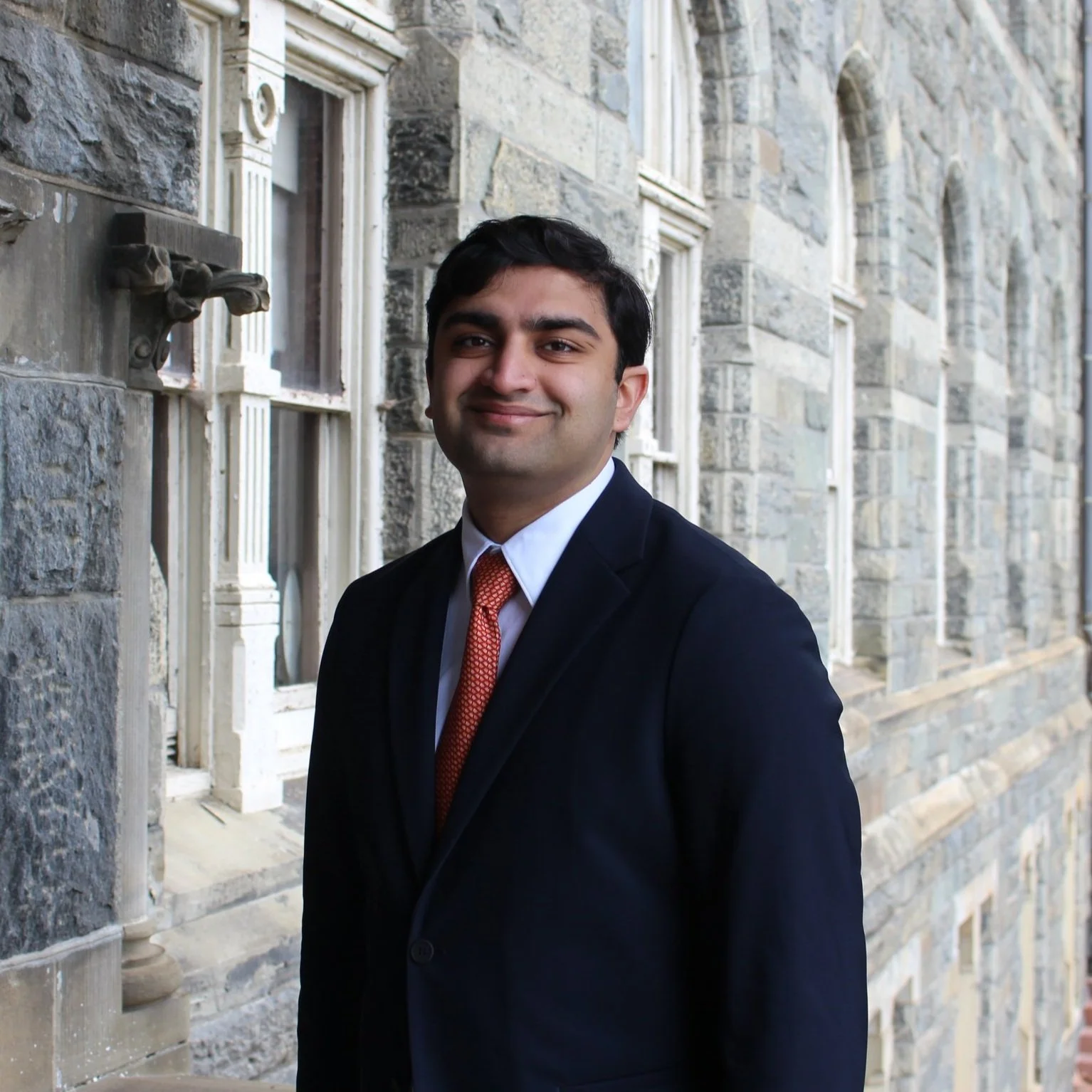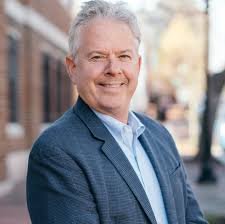Joint Crisis Committee: Two Germanys Enter, Only One Germany Leaves: German Reunification, 1989
By early 1989, both Eastern and Western Europe stood at a pivotal crossroads as historic shifts began reshaping the continent. In the East, Soviet leader Mikhail Gorbachev ushered in a new era of reform across the Eastern Bloc, promoting transparency, decentralization, and improved relations with the West. These reforms emboldened populations long stifled under authoritarian rule, sparking widespread public movements demanding democratic governance and better living standards. However, not all Eastern leaders welcomed change, some resisted, losing favor with Moscow and further fueling internal unrest. As border restrictions eased, thousands of Eastern citizens migrated Westward, accelerating calls for political transformation and unification across divided regions. Meanwhile, Western leaders worked to strengthen ties within Western Europe and the broader global order, increasingly engaging with the East through diplomacy. While figures like West German Chancellor Helmut Kohl envisioned eventual reunification, Western public sentiment was often cautious, viewing the economically weaker East as a potential burden.
The four major powers with partial military control of Germany need to be in full support of reunification. The British opposed reunification as they saw a strong reunified Germany as dangerous and a possible leader of a strong mainland europe. France on the other hand welcomed a strong Germany as a partner to build up a unified European identity and bring more economic ties between European states. The US supported the democratization of West Germany and had little fear of a unified germany. The USSR under Gorbachev was indifferent to reunification; of the issues facing the USSR at this time period German reunification was low on the list of priorities.
grand crisis manager: Parakram Karnik
In this Joint Crisis Committee, delegates will represent East and West German leaders as they navigate reunification from their political and ideological perspectives.
ABOUT THE GRAND CRISIS MANAGER
Parakram Karnik (although most of his friends call him PK) is a member of the School of Foreign Service class of 2027. Hailing from Connecticut, he got into Model UN in 9th grade, and soon realized that he had a special love for crisis committees. Having participated in NAIMUN in 11th grade and 12th grade in various crisis committees, including a five-way JCC on the Gulf crisis of 2017 and winning a Book Award from that committee, he gained a special appreciation for NAIMUN and Georgetown’s role in fostering interest in the affairs of our world. He returns now for the third time staffing NAIMUN, excited to share his knowledge, interest, and love for the topic with others as a grand crisis manager in the German Reunification 1989 JCC! Outside NAIMUN, he works with Zeeba Investment Group and grills with the Georgetown University Grilling Society (where he is an official grillmaster). He is always down for a good laugh and discussing the affairs of the world, always seeking to learn more!
Committee Speaker
Jeffrey Anderson received his BA from Pomona College in 1981, and a PhD in Political Science from Yale University in 1988. He has taught previously at Emory University and Brown University. Anderson came to Georgetown in 2002 and served for the next 16 years as Graf Goltz Professor and Director of the BMW Center. He works at the intersection of comparative political economy and European integration, and is the recipient of the 2000 DAAD Prize for Distinguished Scholarship in German Studies. His publications include German Unification and the Union of Europe (Cambridge University Press, 1999) and The Territorial Imperative (Cambridge University Press, 1992), an edited volume entitled Regional Integration and Democracy (Rowman and Littlefield, 1999), and two co-edited volumes: (with G. John Ikenberry and Thomas Risse) The End of the West? (Cornell University Press, 2008); and (with Eric Langenbacher) From Bonn to the Berlin Republic (Berghahn, 2010). In July 2016, he was awarded the Officer's Cross of the Order of Merit of the Federal Republic of Germany in recognition of his outstanding contributions to German-American and transatlantic exchange in academe and education. His current research focuses on the politics and policy of “populism and place”, with special emphasis on coordinated efforts by national, regional, and local actors to restructure the industrial heartlands in the US and Europe.





